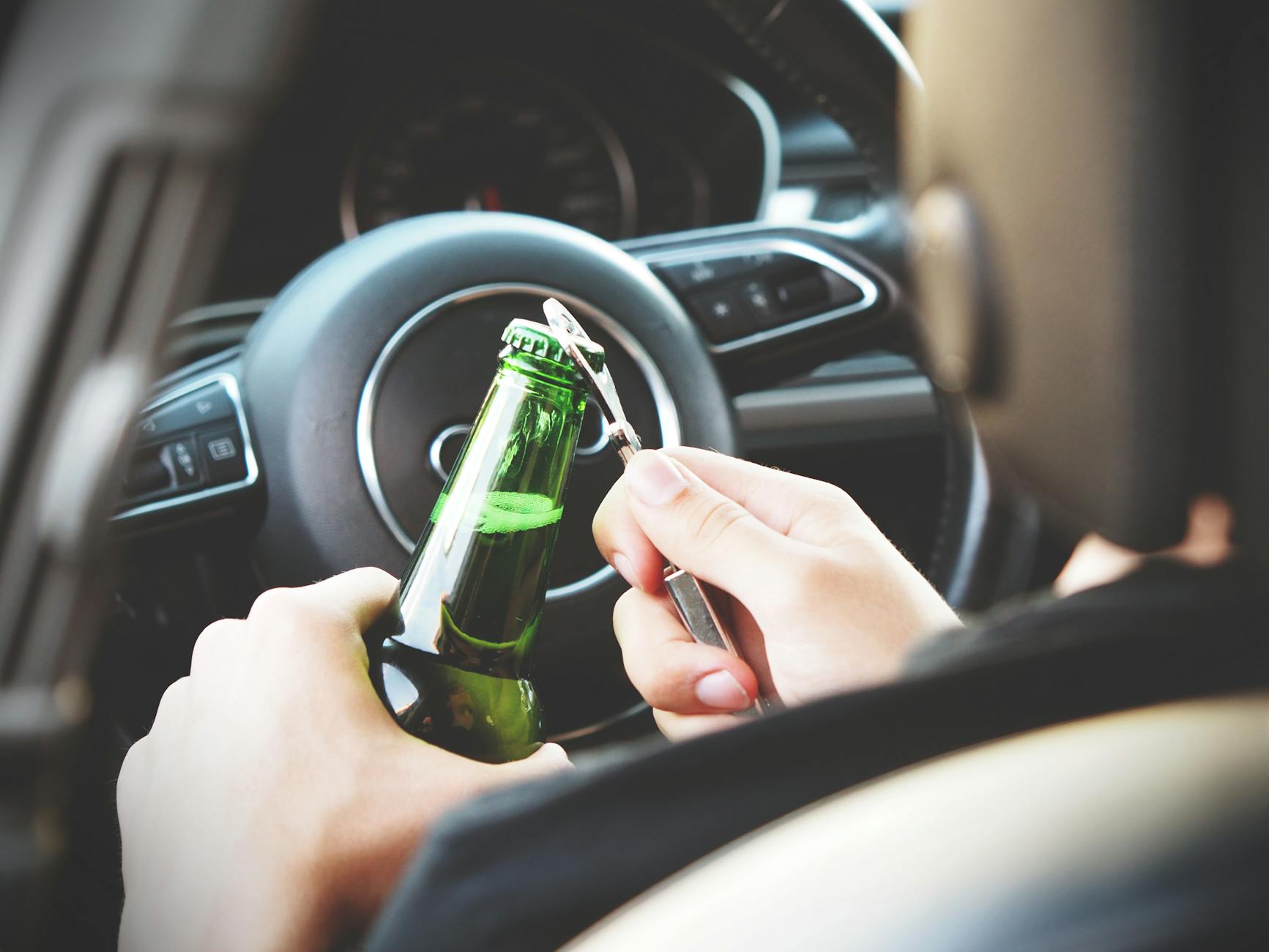Discover the science behind how your weight can determine how many beers it takes for you to feel tipsy!

Image courtesy of energepic.com via Pexels
Table of Contents
It’s a question many of us have pondered during social gatherings or nights out: how many beers does it take to get drunk? Understanding the science behind alcohol intoxication can help us make informed decisions about our drinking habits. In this blog post, we’ll delve into the factors that influence how many beers it takes for different individuals to reach a state of intoxication.
The Science of Alcohol Metabolism
Alcohol metabolism is a complex process that occurs in our bodies once we consume alcoholic beverages. When we drink, the alcohol is absorbed into the bloodstream and travels to the liver where it is broken down. Factors such as age, gender, and liver function can impact how quickly the body metabolizes alcohol. The rate of alcohol metabolism determines our blood alcohol concentration (BAC), which is a measure of the amount of alcohol in our bloodstream. The higher the BAC, the more intoxicated an individual will feel.
Individual Tolerance Levels
Alcohol tolerance varies greatly among individuals and is influenced by a range of factors. Genetics play a role in determining how well our bodies can process alcohol, with some people naturally having a higher tolerance than others. Body weight is another important factor to consider, as alcohol is diluted in a larger body mass, resulting in a lower BAC. Understanding your own alcohol tolerance is key to knowing how many beers it takes for you to feel drunk. It’s important to listen to your body and recognize when you’ve reached your limit.
Influencing Factors on Intoxication
Several factors can influence how quickly and severely alcohol affects an individual. One significant factor is food consumption – eating a meal before drinking can help slow down the absorption of alcohol and reduce intoxication levels. Mixing different types of alcoholic beverages can also impact how quickly one gets drunk, as certain drinks may have higher alcohol content than others. Other situational factors such as stress, fatigue, and overall health can also affect how alcohol affects the body. It’s important to be mindful of these factors when gauging how many beers it takes for you to reach a state of intoxication.
Conclusion
Understanding how many beers it takes to get drunk is a personal journey that requires self-awareness and responsibility. By considering factors such as alcohol metabolism, individual tolerance levels, and influencing factors on intoxication, we can make informed decisions about our drinking habits. It’s important to prioritize safety and well-being when consuming alcohol and to always drink responsibly. Remember, knowing your limits and listening to your body is key to enjoying alcohol in a mindful way.
How does body weight affect alcohol intoxication?
Body weight plays a role in alcohol intoxication as it impacts the dilution of alcohol in the bloodstream. Individuals with higher body weight may require more drinks to feel intoxicated compared to those with lower body weight.
Can genetics influence alcohol tolerance?
Yes, genetics can play a role in determining alcohol tolerance. Some individuals may have genetic factors that affect how efficiently their bodies process alcohol, leading to varying levels of tolerance.
What factors can affect how quickly alcohol affects the body?
Various factors such as food consumption, stress, fatigue, and overall health can influence how quickly alcohol affects an individual. Eating a meal before drinking, for example, can help slow down alcohol absorption and reduce intoxication levels.
How important is it to drink responsibly?
It is crucial to drink responsibly to prioritize safety and well-being. Knowing your limits, understanding your body’s response to alcohol, and being mindful of influencing factors on intoxication are key components of responsible drinking habits. Remember to always prioritize your health and safety when consuming alcohol.
Powered by Texta.ai Blog Automation
Leave a Reply